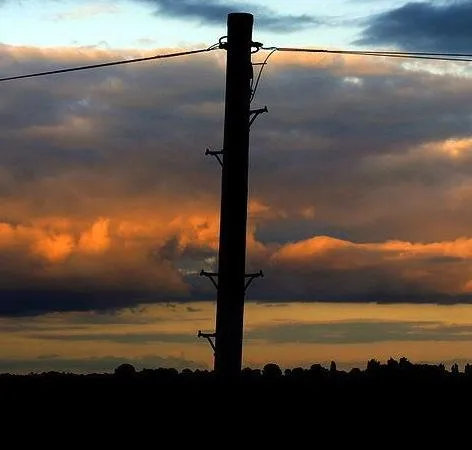Lifeline lives up to its name

Congress in 1996 established the Universal Service Fund so that: “Consumers in all regions of the Nation, including low-income consumers and those in rural, insular, and high cost areas, should have access to telecommunications and information services.”
That’s what the telephone Lifeline program, which subsidizes phone service for low-income people, is all about. Despite Lifeline’s demonstrated usefulness, conservatives in Congress and their allies continue to attack the program and attempt to derail it.
But Lifeline also has its passionate defenders. This week Jessica González, vice president of policy and legal affairs for the National Hispanic Media Coalition, wrote an op-ed in The Hill describing the parameters and use of Lifeline. According to González:
“Lifeline now provides phone service to millions of people. Who are these people? According to one provider, most have a household income of less than $15,000 per year. Nearly a third are over the age of 55 and more than one-third are disabled.”
And who exactly are these recipients?
“The vast majority of Lifeline recipients are grateful seniors, deserving veterans and folks who are going through the hardest times of their lives – facing job losses, illnesses, disability and family tragedies... For these people, Lifeline literally lives up to its name and must continue.”
Congress is, and has been, in the process of improving Lifeline. But it’s a valuable program, and not one deserving of contempt. As González writes: “At the end of the day, Lifeline is creating a pathway out of poverty. It is the ultimate government service because it is helping people help themselves.”
Speed Matters has continually defended and supported Lifeline and will continue to do so.
Setting the record straight on the FCC Lifeline program (The Hill, June 3, 2013)
Republican attack on Lifeline runs into strong defense (Speed Matters, Apr. 26, 2013)
CWA members oppose AT&T’s attempts to stop serving rural and low-income communities in California
CWA urges FCC to deny industry attempts to loosen pole attachment standards
CWA District 6 reaches agreement with AT&T Mobility



